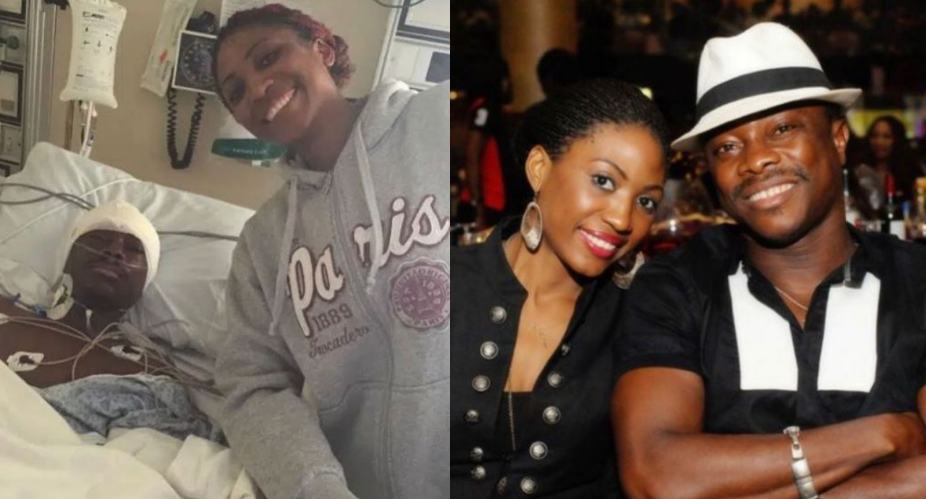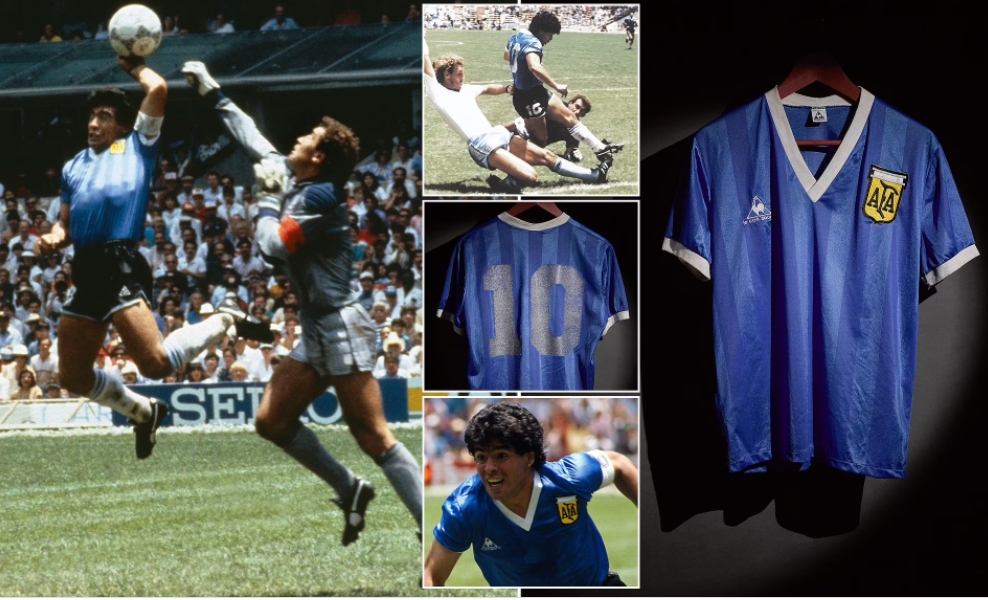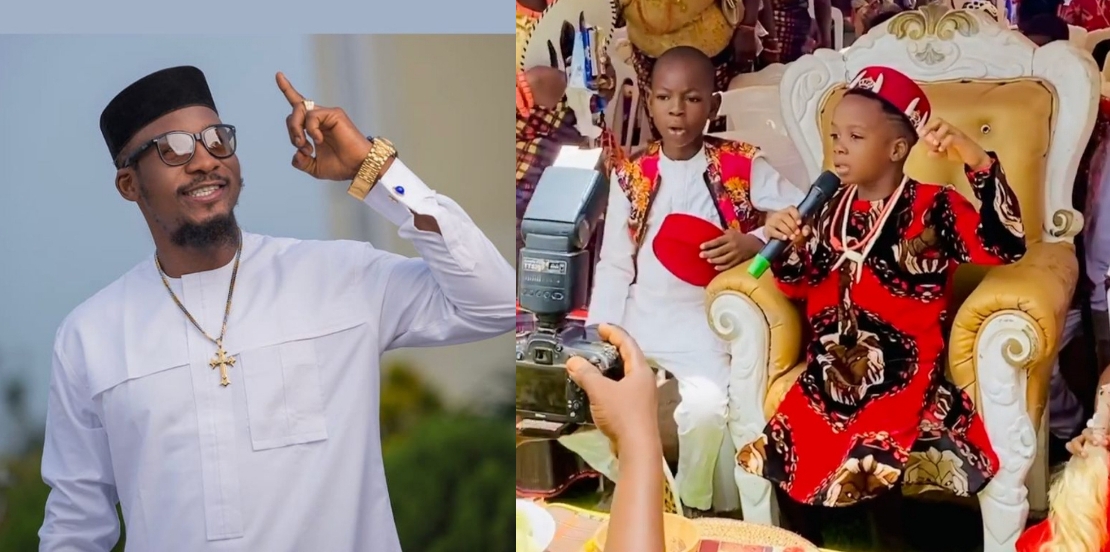In this piece, Abdullah Dass examines the preparations for the Peoples Democratic Party (PDP) presidential primary and the chances of party in next year’s general elections.
It is generally belived that President Muhammadu Buhari has a near unshakeable stranglehold on the electorate in the North, especially in the Northwest zone consisting of Kaduna, Kano, Katsina, Kebbi, Jigawa, Sokoto and Zamfara States.
In the last 15 years, PMB has consistently garner between 11 and 12 million votes in the three zones of the North. The only exception was when he contested against Late President Umaru Musa Yar’adua in 2007 when his acclaimed domination of northern electorate was broken almost along the middle. Yar’Adua polled 48 percent to Buhari’s 52 percent. This might be due to the fact that both men are Fulani Muslims from same Katsina State.
The question therefore, arises that: Is it not better for any party that intends to defeat the Buhari administration democratically to field a candidate with similar influence and pluses like Yar’adua from the North-west?
There is the need, at this point, to point out that Yar’adua’s exemplary perfomance against Buhari was not all due to political attributes of the former Governor of Katsina State.
Two factors were at play here, the most important being that Yar’adua contested against Buhari with the solid and strong backing of a highly respected national icon, President Olusegun Obasanjo who was then the incubent President.
Obasanjo was in firm control of the Presidency and he had tried to stay in power through a third term agenda, which ordinarily going by the culture of politics in Africa, was not too difficult an ambition to achieve. However, the plan failed. The Northern reaction, from both the elite and the grassroots was that of gratitude and relief that Obasanjo was finally leaving and giving the North a chance to gain power back. It was made a lot easier because the candidate, Yar’adua was a Northern aristocrat and a muslim.
However, today, the situation is completely different and not comparable to what existed in 2007.
None of the aspirants in the opposition party – Governor Aminu Waziri Tambuwal, Alhaji Attahiru Bafarawa, Barrister Tanimu Turaki, Senator Rafiu Musa Kwankwaso, Alhaji Sule Lamido and Sen. Ahmed Makarfi has the political clout capable of doing any significant havoc comparable to that done by Umaru Yar’adua.
First, as common to all of them their maximum influence is nearly limited to their states of origin. This applies to Saminu Turaki, Tambuwal, Bafarawa, Lamido and Makarfi. Only Kwankwaso has a not too significant spread outside Kano, his state of origin. The Kwankwansiya movement essentially exist, at least 90 percent of it, in Kano and its environs. It is not distinctly noticeable in Sokoto or Kebbi, and neither in Yobe or Adamawa, not to talk of Niger and Nassarawa.
Unfortunately, even in Kano, its influence has been slightly whittled down by Mallam Ibrahim Shekarau’s recent defection to Buhari’s All Progressives Congress (APC). The combination of two of the three strong political pillars in Kano ( Gov. Umaru Ganduje and Shekarau) being in APC, is a mortal injury to the Kwankwansiya movement in Kano.
Second, the existence of a supportive incumbent Federal Government assisted Yar’Adua in no small measure and the absence of such incumbent support presenlty, totally renders impotent any dream possibility of depleting or eroding Buhari’s support base in the the North West or the North in general by any of the acclaimed opposition aspirants from the Northwest.
Third, none of these aspirants from the Northwest has any known or politically appreciable presence, followership, support or acceptability in any of the Southern zones. Their penetration in the South is abysmally poor and insignificant and they can only rely on ineffectual acolytes to mobilise support for them in the South.
In conclusion, therefore, none of the six aspirants in the PDP from the North West has what it takes to even reduce Buhari’s electoral value by as much as 10 percent in the North West or North in general. And also, none has a known or visible following in the south with which they can upstage Buhari’s entrenched political associates in the South, especially in the South West, which is the second largest voting population in the country.
The greatest political fallacy concerning the 2019 elections however, is the postulation that a President cannot emerge in Nigeria without the person winning in the Northwest zone. Nothing can be farther from the truth than this assumption or perception. The reality, the national political antecedents and bare electoral facts based on past results do not support this position.
First, if the votes of the North west was of such electoral indispensability, why was it impossible for Buhari to win in his first three attempts at the Presidency, despite his consistent six million votes from the North west and approximately 12 million votes from the entire North in all previous three elections; 2003, 2007 and 2011.
Second, in 2003, Obasanjo polled a total votes of 24.2 million against Buhari”s 13.12 million. If ALL the votes OBJ garnered from the North Central, North East and North West (9 million) were to be removed from OBJ”s votes, he would still have won with a total of 15.2 million votes against Buhari’s total 13.12 million across the country.
Third, in 2011, former President Goodluck Jonathan defeated Buhari, polling a total of 22.2 million as against Buhari’s 12.09 million. Of this vote for Buhari, a whooping 10.7 million came from the three northern zones.
Also, as it was with Obasanjo in 2003, so it was with Jonathan in 2011. If all the 8.3 million votes scored by the former President in the three Northern zones were to be totally deleted from his votes he would have still have defeated Buhari because Jonathan would have had 13.9 million votes left to Buhari’s 12. 09 million votes.
In 2019, there are new considerations, which may make Buhari’s victory difficult.
One, 2015 was Buhari’s finest year politically. He was packaged and widely accepted as a national saint, poor, but with unparalleled integrity. With great expectations about competence and capability.
The prevailing economic conditions, pervasive poverty, hunger, insecurity and growing unemployment across the social strata in the country has made Buhari’s ratings and acceptabilty to nose-dive.
Buhari garnered two million votes from the six states of the North Central in 2015. Today, only Nassarawa, Kogi and Niger remain in the group. This easily can be translated to another loss of about one million votes.
Any candidate that can poll the kind of votes from the North Central, and the entire South like Obasanjo did in 2003, and Jonathan did in 2011 may win the 2019 elections with an overwhelming majority.
In the Southeast and Southsouth zones, Buhari’s performance will not change significantly. A rehearsal was what happened in Anambra governorship elections where the two big parties; APC and PDP with their massive resources were thoroughly beaten and disgraced. The masses disobeyed and ignored their elite leadership and voted not for just the All Progressives Grand Alliance (APGA), but against the interest of the incumbent Federal Government in the South-east.
The Southsouth is not expected to be much different. There may be a spike of support in Akwa Ibom State due to the influence of Senator Godswill Akpabio, but a spike it will be. No more!
The Southwest presents a totally different scenario. Today, and all-through the presidential election in 2019, all the six states in the South- west will be under the control of APC governors. In theory, they will be expected to deliver their states.
The most sophisticated electorate is in the South-west. The electorate here has discerning capabilities and has an antecedent of punishing erring governments and political groups.
However, because the entire South-west will be governed by APC governors, and because the South West represents the second largest voting population in the country, it will be impossible for the opposition to win in 2019, if it leaves the South-west completely open and the electorate without any choice if it selects a candidate that on his own does not have any special appeal to the electorate in this zone.
The political irony here is that a Northwest candidate is not what is required for PDP to win in 2019 against Buhari. Rather, the political imperative is in the choice of a candidate that can split the Southwest votes. This actually is the master key that can ensure victory for the opposition in 2019.
- Dass a political analyst, writes from Abuja.








I like everything you post. You have done fantastic job
I just want to say I am just new to weblog and honestly liked your blog site. Almost certainly I’m going to bookmark your site . You actually have outstanding writings. Appreciate it for sharing your website page.
I simply want to say I am all new to blogging and site-building and truly enjoyed you’re web site. Almost certainly I’m want to bookmark your blog . You amazingly have exceptional writings. Cheers for sharing your blog site.
Enjoyed reading this, very good stuff, regards . “The hunger for love is much more difficult to remove than the hunger for bread.” by Mother Theresa.
Hi there, I found your site via Google while looking for a related topic, your site came up, it looks great. I’ve bookmarked it in my google bookmarks.
I simply wanted to make a quick comment so as to say thanks to you for the pleasant tactics you are posting here. My rather long internet look up has now been paid with reliable facts to write about with my guests. I ‘d tell you that most of us website visitors actually are really fortunate to live in a good place with very many special professionals with great tricks. I feel somewhat blessed to have used your entire site and look forward to some more fabulous minutes reading here. Thanks once more for a lot of things.
Nearly all of what you assert is supprisingly accurate and it makes me ponder the reason why I had not looked at this with this light previously. This particular article truly did switch the light on for me personally as far as this particular subject matter goes. However at this time there is actually just one position I am not necessarily too comfy with and while I attempt to reconcile that with the main idea of the issue, let me see exactly what the rest of the readers have to point out.Very well done.
It’s actually a cool and helpful piece of info. I’m glad that you simply shared this useful info with us. Please keep us up to date like this. Thank you for sharing.
I really appreciate this post. I have been looking all over for this! Thank goodness I found it on Bing. You have made my day! Thanks again
I’ve been absent for some time, but now I remember why I used to love this site. Thanks , I¡¦ll try and check back more often. How frequently you update your site?